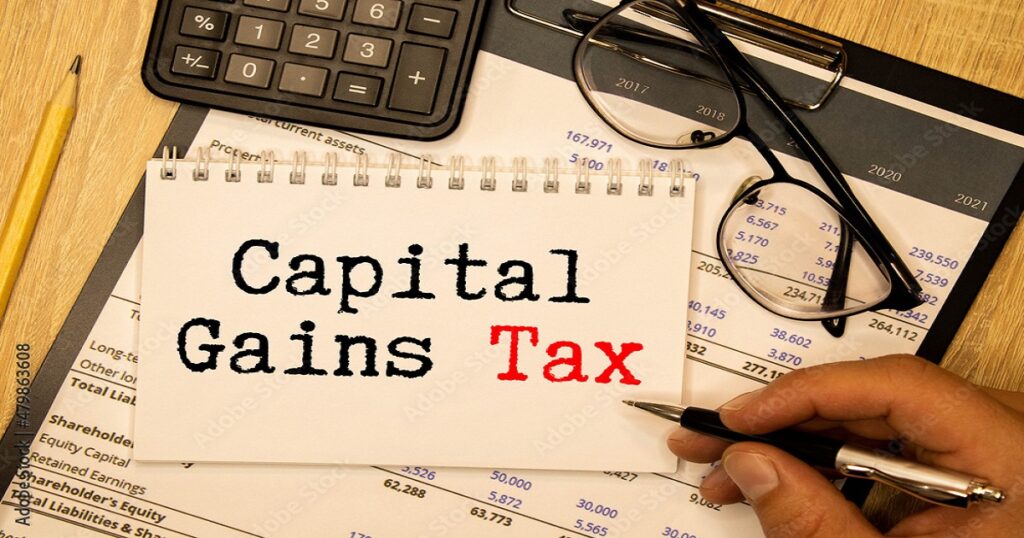Introduction
The rise of Non-Fungible Tokens (NFTs) has brought new opportunities and challenges for digital creators and investors alike. As NFTs continue to gain traction, it is essential for Canadian residents involved in the sale of NFTs to understand their tax obligations. This article delves into how capital gains tax applies to the sale of NFTs in Canada, ensuring you stay compliant with the Canada Revenue Agency (CRA) regulations.
What Are NFTs?
NFTs are unique digital assets that represent ownership of a specific item, such as digital art, music, or even virtual real estate. Unlike cryptocurrencies like Bitcoin or Ethereum, which are fungible, NFTs are non-fungible, meaning each token is unique and cannot be exchanged on a one-to-one basis with another.
How Are NFTs Taxed in Canada?
In Canada, the sale of NFTs is subject to capital gains tax if the NFTs are considered capital property. When you sell an NFT for more than you originally paid, the profit is classified as a capital gain, and 50% of that gain is taxable. This means that if you sell an NFT and make a profit, half of that profit must be reported on your income tax return and will be subject to tax at your marginal tax rate.
Determining Capital Gains on NFTs
To calculate your capital gains on the sale of an NFT, you need to determine the Adjusted Cost Base (ACB) and the Proceeds of Disposition:
1. Adjusted Cost Base (ACB): The ACB is the original purchase price of the NFT, plus any costs associated with acquiring it, such as transaction fees.
2. Proceeds of Disposition: This is the amount you received from the sale of the NFT, minus any costs associated with selling it, such as marketplace fees.
3. Capital Gain: Subtract the ACB from the Proceeds of Disposition to determine your capital gain. Remember, only 50% of the capital gain is taxable.
Example Calculation
Suppose you purchased an NFT for $1,000 CAD, and after holding it for a year, you sold it for $5,000 CAD. The transaction fees for both buying and selling the NFT amounted to $200 CAD.
1. ACB: $1,000 (purchase price) + $200 (fees) = $1,200 CAD
2. Proceeds of Disposition: $5,000 (sale price) - $100 (selling fees) = $4,900 CAD
3. Capital Gain: $4,900 - $1,200 = $3,700 CAD
4. Taxable Amount: $3,700 x 50% = $1,850 CAD
You would report $1,850 CAD as a capital gain on your tax return, and it would be taxed at your marginal tax rate.
Record-Keeping for NFT Transactions
Proper record-keeping is crucial when dealing with NFTs. The CRA requires you to maintain detailed records of all NFT transactions, including the date, value in Canadian dollars, and any associated costs. These records will be essential for accurately calculating your capital gains and supporting your tax filings in case of an audit.
Conclusion
The sale of NFTs in Canada is subject to capital gains tax, and it is important for creators and investors to understand their tax obligations. By keeping accurate records and understanding how to calculate capital gains, you can ensure compliance with CRA regulations and avoid potential penalties. As the NFT market continues to evolve, staying informed about tax implications is essential for anyone involved in the space.
If you have any questions or require further assistance, our team of accountants at Tax Partners can help you.
Please contact us by email at [email protected] or by phone at (905) 836-8755 for a FREE initial consultation appointment.
You may also visit our website: https://taxpartners.ca/ to learn more about other services we offer in Canada, US and abroad.


